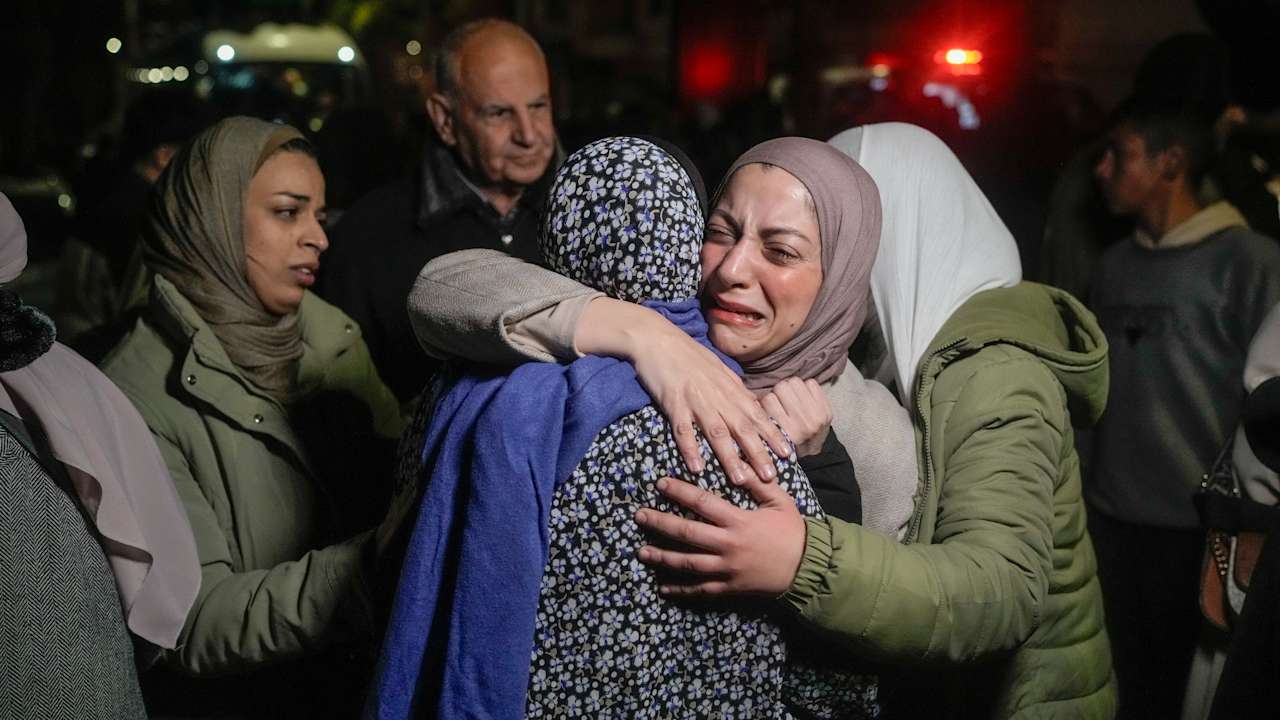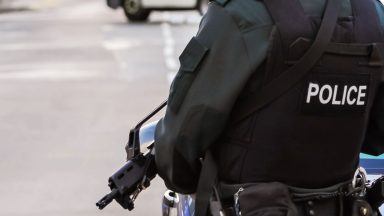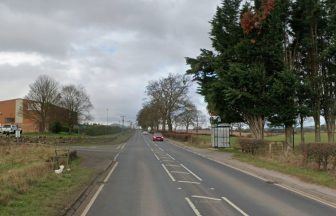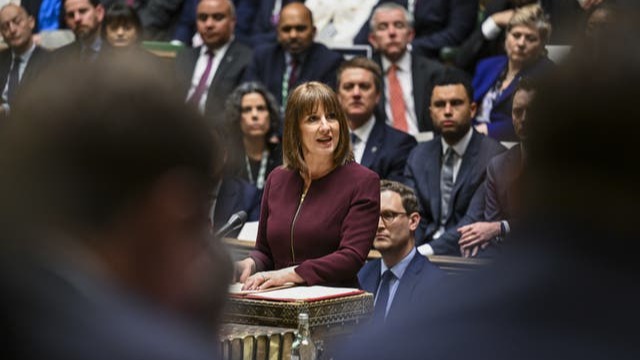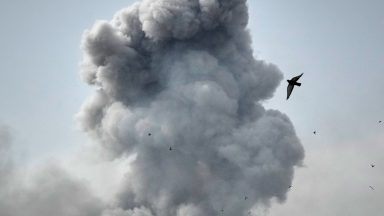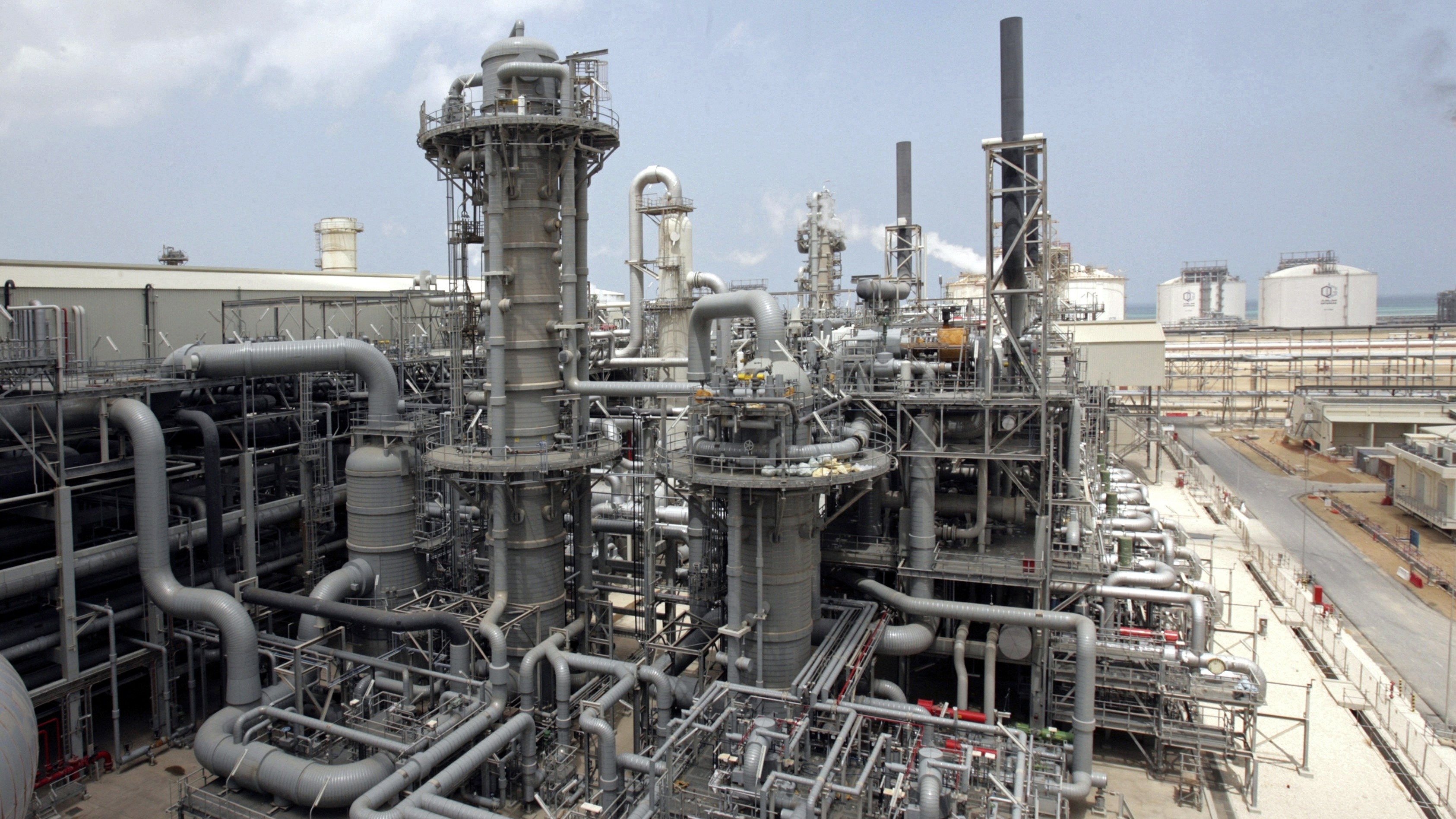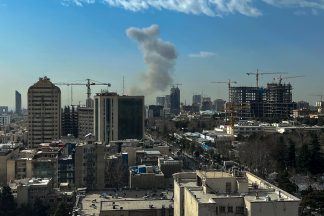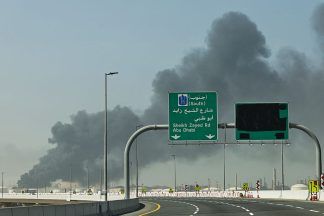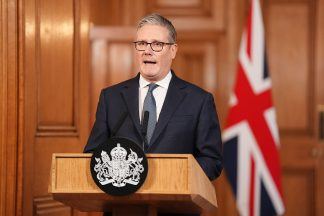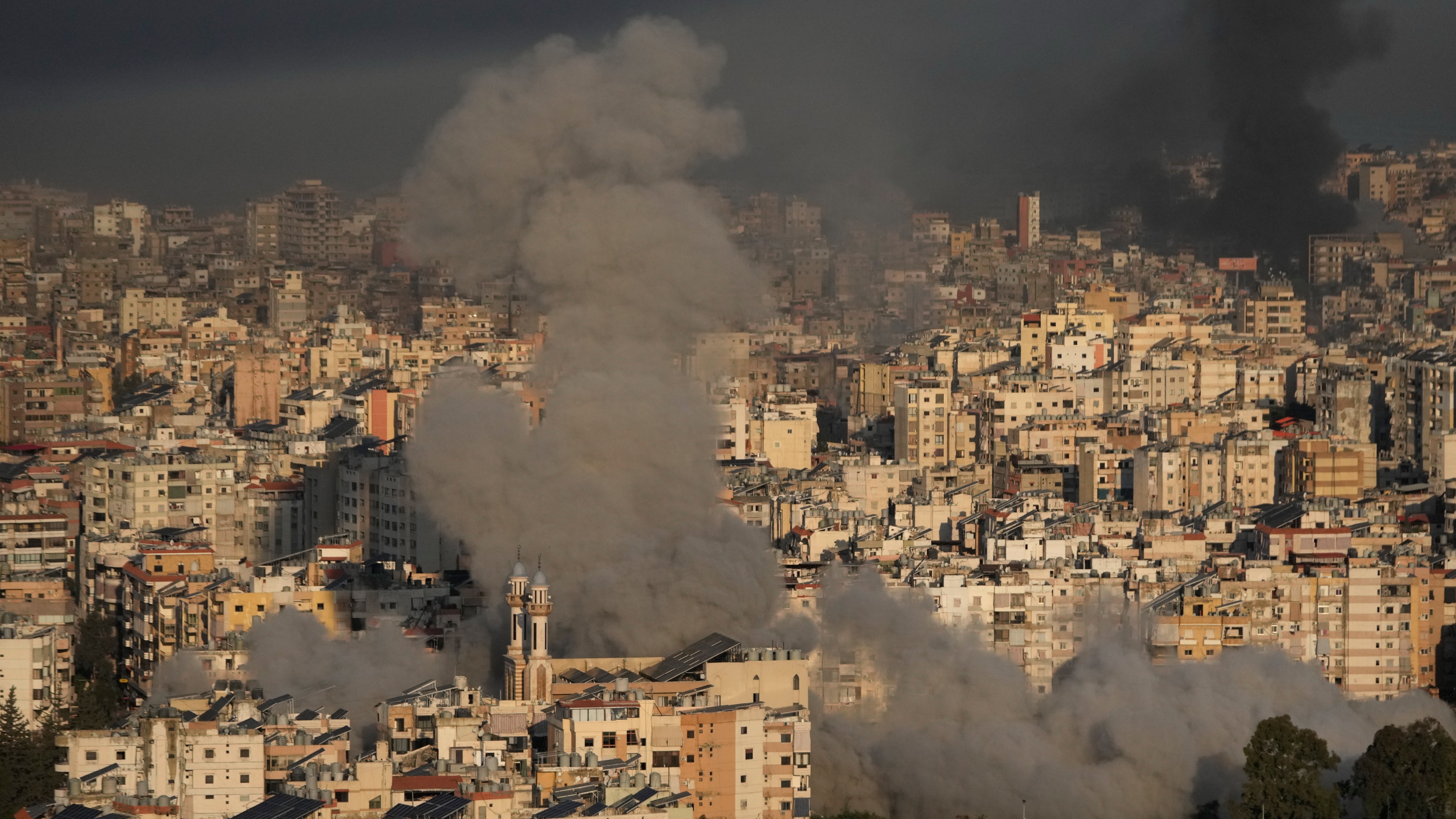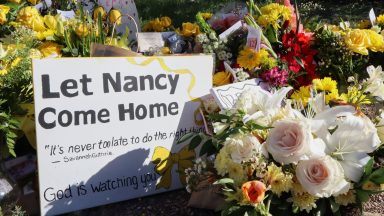Dozens of Palestinian prisoners have been freed by Israel as part of the ceasefire and hostage deal with Hamas.
The release came early on Monday, hours after three Israeli hostages were released by Hamas and reunited with their families.
A large bus carrying 90 Palestinian detainees exited the gates of Israel’s Ofer prison, just outside the West Bank city of Ramallah.
Israel’s military, which occupies the West Bank, warned Palestinians against public celebration, but crowds gathered around the buses after they left the prison, with some people climbing on top or waving flags, including those of Hamas.
There were fireworks and whistles, and shouts of “God is great.” Those released were hoisted onto others’ shoulders or embraced.
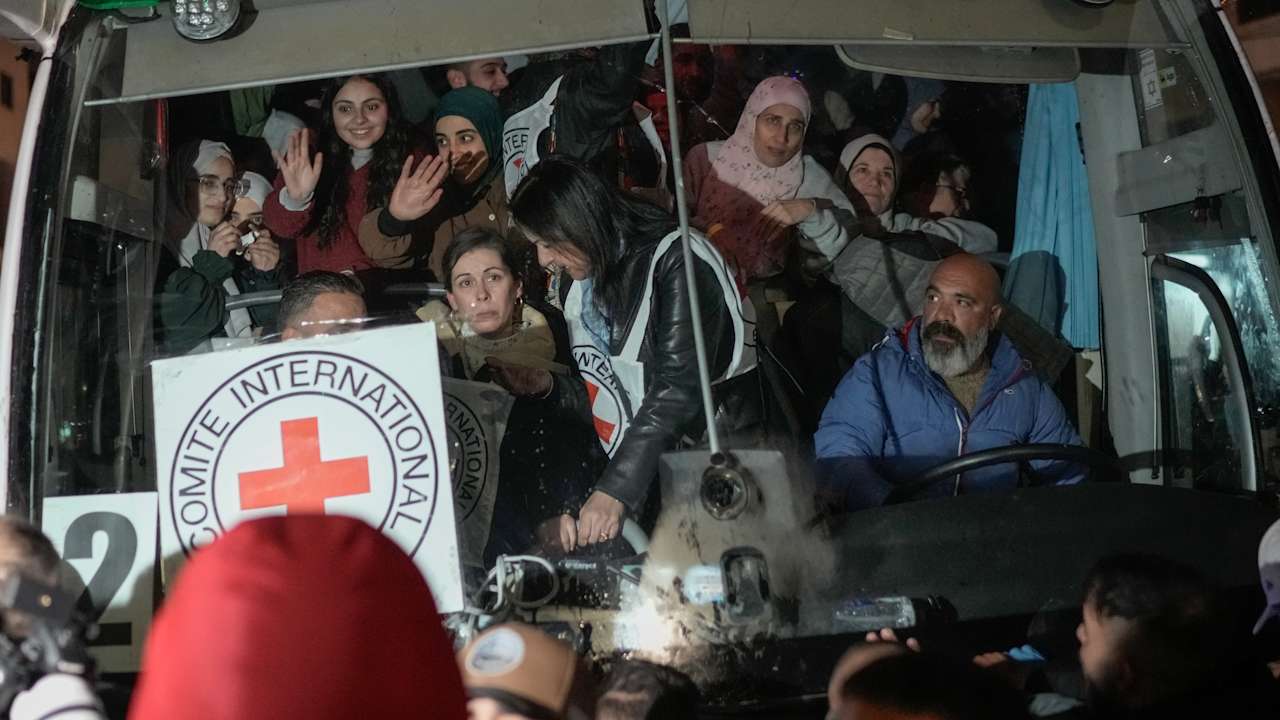
According to a list provided by the Palestinian Authority’s Commission for Prisoners’ Affairs, all of those released are women or teens, including a 15-year-old.
Israel detained them for what it said were offences related to Israel’s security, from throwing stones to more serious accusations including attempted murder.
The first phase of the ceasefire deal will see the release of 33 hostages over a six week period, in exchange for almost 2,000 Palestinian prisoners.
Among the three hostages released by Hamas on Sunday was British-Israeli woman Emily Damari.
The 28-year-old was the last remaining British citizen still being held in the territory, and was released alongside Romy Jonin, 24 and 31-year-old Doron Steinbrecher.
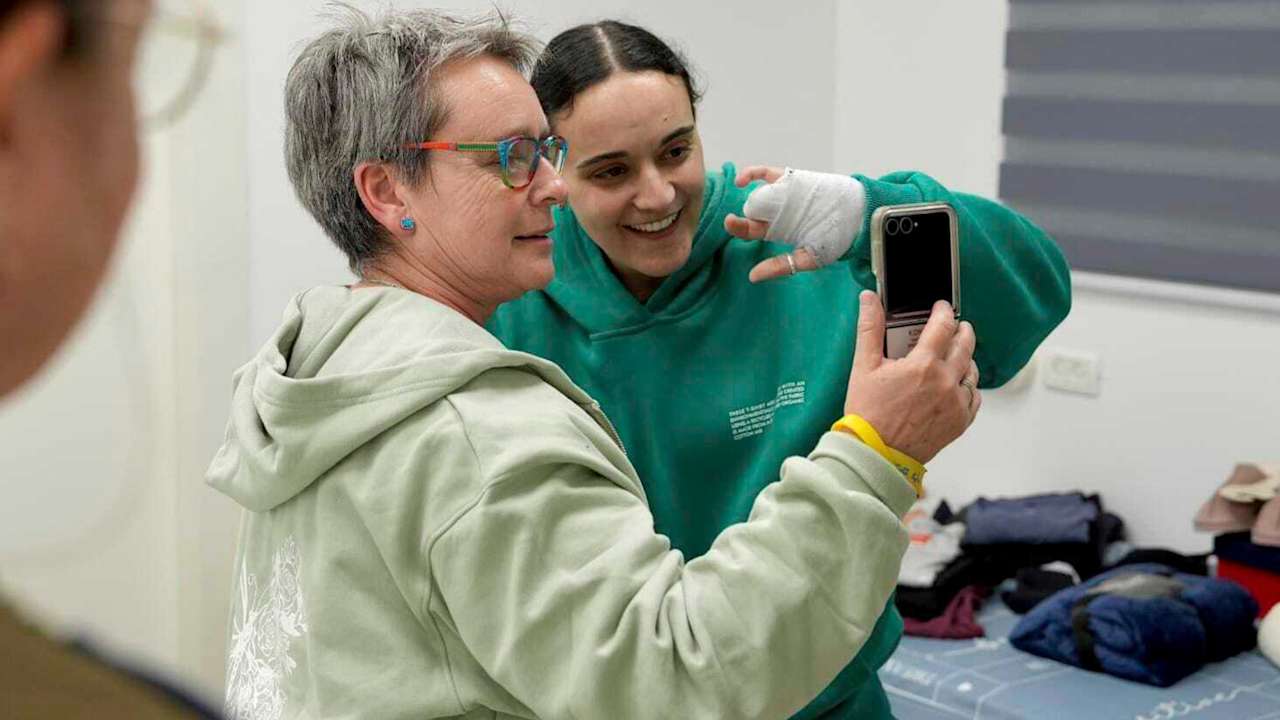
The Red Cross confirmed the three Israeli hostages were transferred to them before being handed over to IDF and ISA forces in the Gaza Strip.
Officials at The Red Cross told ITV News’ US partner CNN that “the condition of the three hostages is good, following an initial medical examination”.
On Sunday, Prime Minister Sir Keir Starmer described the release of the three hostages as “wonderful and long-overdue news.”
In a statement, Starmer said: “I wish them all the very best as they begin the road to recovery after the intolerable trauma they have experienced. We stand ready to offer assistance and support.
“However, today also represents another day of suffering for those who haven’t made it home yet – so while this ceasefire deal should be welcomed, we must not forget about those who remain in captivity under Hamas.”
Starmer emphasised the importance of the remaining ceasefire phases being implemented in full and said the UK would do “everything it can to support a permanent and peaceful solution.”
The skies above Gaza and Israel were silent for the first time in more than a year as the agreement came into effect on Sunday.
After months of tight Israeli restrictions, more than 600 trucks carrying humanitarian aid entered the devastated territory.
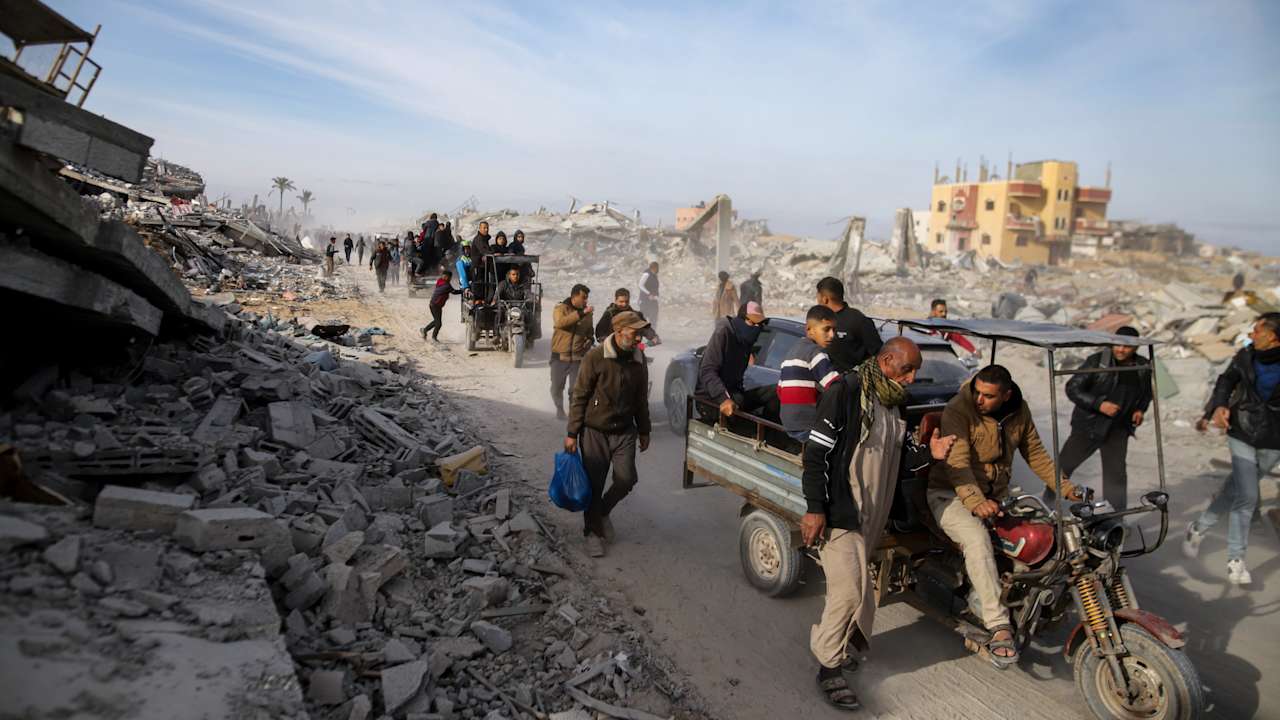
In a post on social media platform X, Tom Fletcher, the United Nations under-secretary-general for humanitarian affairs said that over 630 trucks entered Gaza on Sunday, with at least 300 of them bringing humanitarian assistance into the north.
“There is no time to lose,” Fletcher wrote. “After 15 months of relentless war, the humanitarian needs are staggering.”
On Sunday, displaced Palestinians began returning to what was left of their homes.
Follow STV News on WhatsApp
Scan the QR code on your mobile device for all the latest news from around the country


